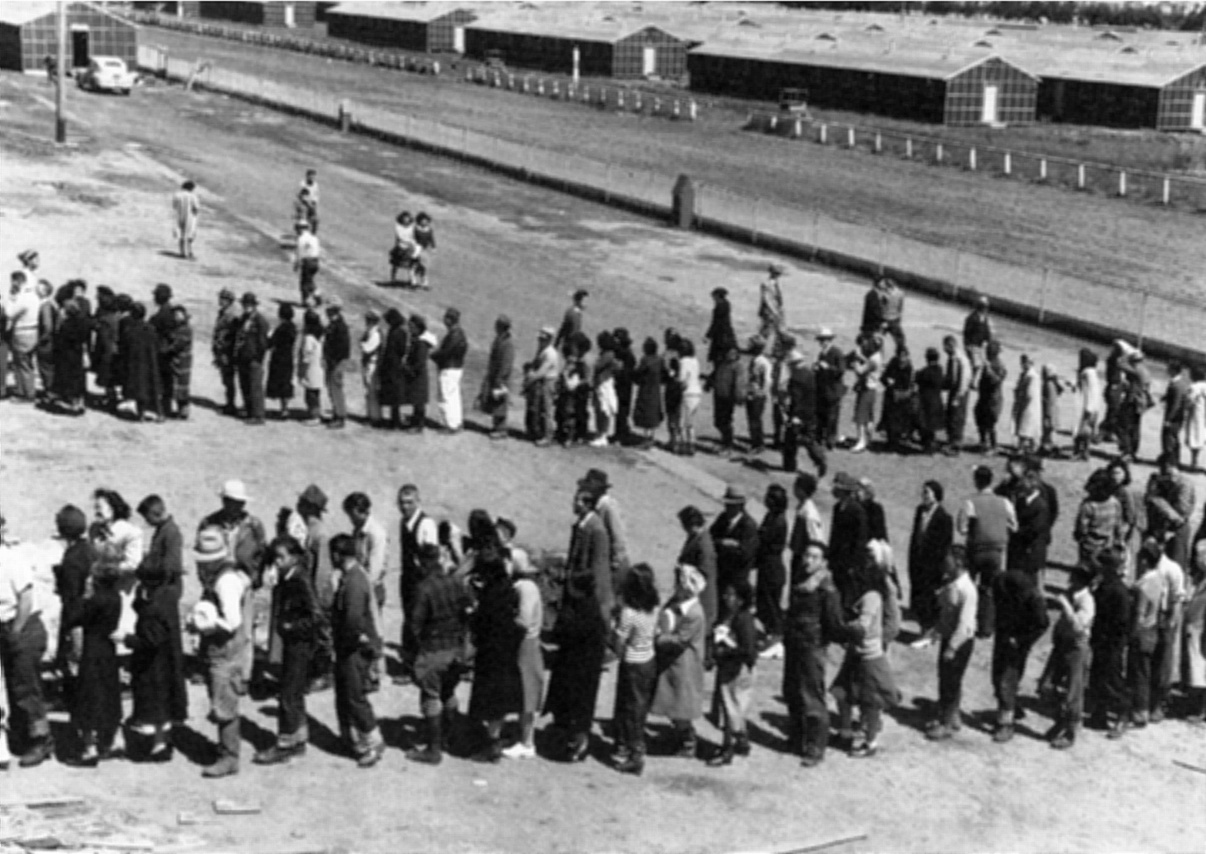|
|
|

|
| |
|
| Conclusions
|
What Happened
Interviewees of Chinese Descent
Inferring from the interviews, many victims have remained voiceless in America because of the distance from the Rape of Nanjing. Knowledge of Japan's role in the massacre increases with age and closeness to China. Because the younger generations are not directly related to the Rape of Nanjing and they identify less with China and the Chinese culture, they are not compelled to learn the history of China. They only learned of the war crimes through the stories of their grandparents and parents. Among the older generation, there is more resentment. When so much psychological damage has been done, it is not so easy for the victims to let go of the past. However, their stories are sometimes kept silent to prevent further prejudices. As one interviewee noted, "I think they [grandparents] wanted me to grow up without any malice towards any particular group of people." Although the older generations hold grudges against Japanese people simply because they are Japanese, the younger ones do not hold any anti-sentiments toward the country or the people from the country. When asked what words they associate with Japan, most interviewees said technology advancement and not the Rape of Nanjing. Without education and available resources, the Rape of Nanjing may continue to remain voiceless. We hope this site will bring more awareness to a very important event in history.
Interviewees of Japanese Descent
In the handful of people that we interviewed, three to be exact, we cannot determine much about the Japanese or Japanese American population as a whole. However, it is interesting to note that although, the sample is small, everyone had their own distinct experience when it came to learning about internment. For the Japanese Americans, Lauren Yasuda and William Glynn, knowledge of internment came from within the family from grandparents and parents who either were interned or knew of someone who was. It was never particularly a painful secret for each family, but really something that needed to be passed on from one generation to the next as an important piece of history. They both also did not experience racism from other Asian people; although, it is interesting to note that Mr. Glynn did from other Japanese since he was biracial. Finally, the last interesting thing to note is that both of their families never discussed Japan's role as an aggressor in World War II and the atrocities it committed.
Natsuko Fujimaki is different from the other two interviewees. She is native Japanese and provides us with a window into how Japanese people view both its role in World War II and the internment experience. Her family never discussed internment because they were never a part of it, which shows us the true and growing divide between native Japanese and Japanese Americans, who grow more and more Americanized with each passing generation. Interestingly, she talked about an effort to add information on Japanese war crimes committed during World War II to textbooks which shows that the education system is perhaps becoming more open-minded. Finally, Natsuko's experience as an exchange student in West Virginia reveals that even nowadays it is dangerous for a Japanese student, especially a male student to study abroad since anti-Japanese sentiment still exists and resonates throughout America.
|
